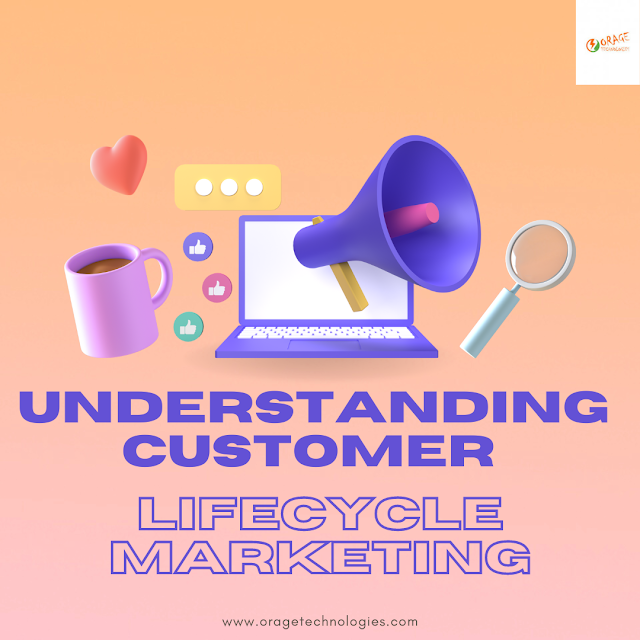The Rise of AI Voice Generators: Revolutionizing Audio Production
- Get link
- X
- Other Apps
Artificial Intelligence (AI) has revolutionized numerous industries, and audio production is no exception. AI voice generators are at the forefront of this change, offering an efficient, customizable, and high-quality alternative to traditional voice recording methods. From creating professional voiceovers to enhancing accessibility, these tools have become indispensable for businesses, content creators, and developers alike.
What is an AI Voice Generator?
An AI voice generator is a tool that uses advanced neural networks to convert text into lifelike speech. Unlike traditional text-to-speech (TTS) software, modern AI voice generators produce natural-sounding voices with accurate intonations, emotions, and accents. These tools can mimic human speech patterns, making the generated voices almost indistinguishable from real ones.
How Do AI Voice Generators Work?
AI voice generators are powered by deep learning algorithms and large datasets of recorded human speech. By analyzing these datasets, the system learns how to replicate the nuances of human voice, including tone, pitch, and rhythm. Text input is processed through Natural Language Processing (NLP) models, which understand context, punctuation, and emphasis to deliver a polished audio output.
Applications of AI Voice Generators
AI voice generators have a wide range of applications, making them popular across industries:
Content Creation:
YouTubers, podcasters, and video producers use AI voice generators for voiceovers, narrations, and dialogue, saving time and resources.E-Learning:
Educational institutions and e-learning platforms employ AI voices for course materials, making learning more engaging and accessible.Virtual Assistants:
AI-generated voices power digital assistants like Siri, Alexa, and Google Assistant, enhancing user interaction.Gaming and Entertainment:
Video games and animated content use AI-generated voices for characters, ensuring cost-effective production and easy customization.Customer Service:
AI voice bots in customer service streamline operations, providing prompt and consistent responses to customer queries.Accessibility:
AI voices make content accessible to visually impaired individuals by converting text into audio.
Benefits of AI Voice Generators
Cost-Effective:
Hiring professional voice artists can be expensive. AI voice generators eliminate this cost while maintaining quality.Time-Saving:
These tools create voiceovers in minutes, reducing the time spent on lengthy recording and editing sessions.Customizable:
Users can adjust pitch, tone, speed, and language, ensuring the voice matches the project’s needs.Multilingual Support:
AI voice generators often support multiple languages, making global outreach more accessible.Scalability:
They allow businesses to produce large volumes of audio content quickly, meeting high demands efficiently.
Popular AI Voice Generator Tools
Several platforms provide high-quality AI voice generation services. Here are some noteworthy options:
Murf AI:
Known for its realistic voices and customization options, Murf AI is ideal for video producers, educators, and marketers.Resemble AI:
Offers voice cloning and emotional tone adjustments, making it a favorite among content creators.Play.ht:
A cloud-based tool offering over 100 voices in multiple languages, suitable for blogs, audiobooks, and e-learning.WellSaid Labs:
Specializes in professional-grade voiceovers with a focus on corporate training and advertising.ElevenLabs:
Provides advanced voice synthesis and cloning, perfect for creating personalized AI voices.
Ethical Considerations of AI Voice Generators
While AI voice generators offer numerous benefits, their use raises ethical concerns:
Deepfake Risks:
Voice cloning can be misused to create deepfake audio, posing security threats.Job Displacement:
The rise of AI voices may impact opportunities for professional voice artists.Data Privacy:
Ethical concerns arise regarding the use of voice data for training AI models.
To address these issues, responsible usage and adherence to ethical guidelines are crucial.
How to Choose the Right AI Voice Generator
When selecting an AI voice generator, consider the following factors:
Purpose:
Determine whether you need the tool for personal or professional use.Features:
Look for features like voice customization, language support, and emotional tone adjustments.Ease of Use:
Opt for a user-friendly platform with intuitive controls.Cost:
Evaluate pricing plans to ensure the tool fits your budget.Customer Support:
Choose a platform with reliable support to address technical issues.
The Future of AI Voice Generators
As AI technology advances, voice generators will become even more sophisticated. Future developments may include hyper-realistic voice synthesis, real-time language translation, and improved emotional modulation. These innovations will open new possibilities in entertainment, communication, and accessibility.
Conclusion
AI voice generators have revolutionized how we produce and interact with audio content. By offering realistic, customizable, and efficient voice solutions, these tools cater to a wide range of industries and applications. While ethical considerations must be addressed, the benefits of AI voice generators are undeniable. As technology continues to evolve, AI voice generators will remain a game-changer in the world of audio production.
Also Read: 10 Best Cyber Security Companies For Small As Well As Large Organizations
- Get link
- X
- Other Apps



Comments
Post a Comment